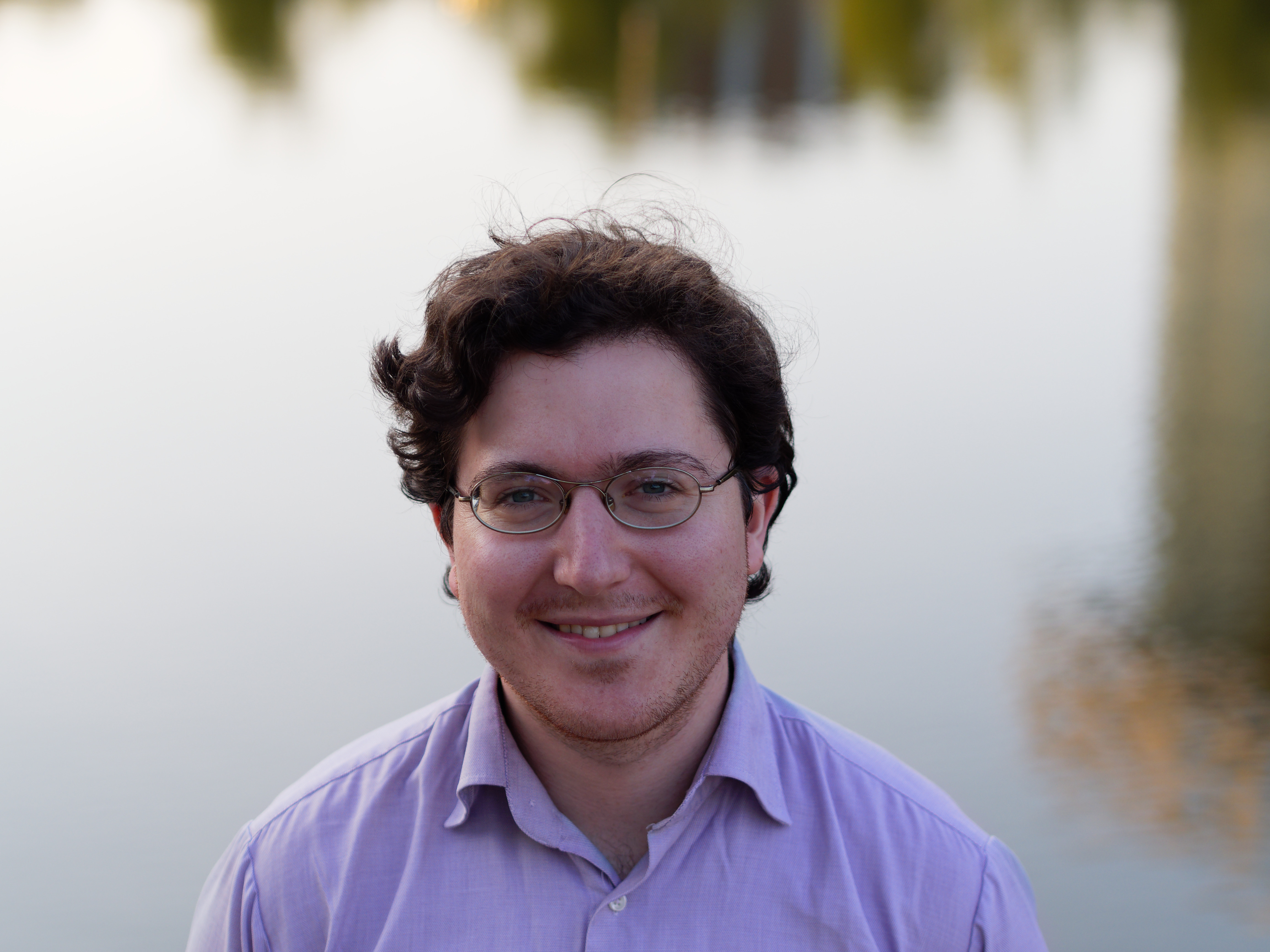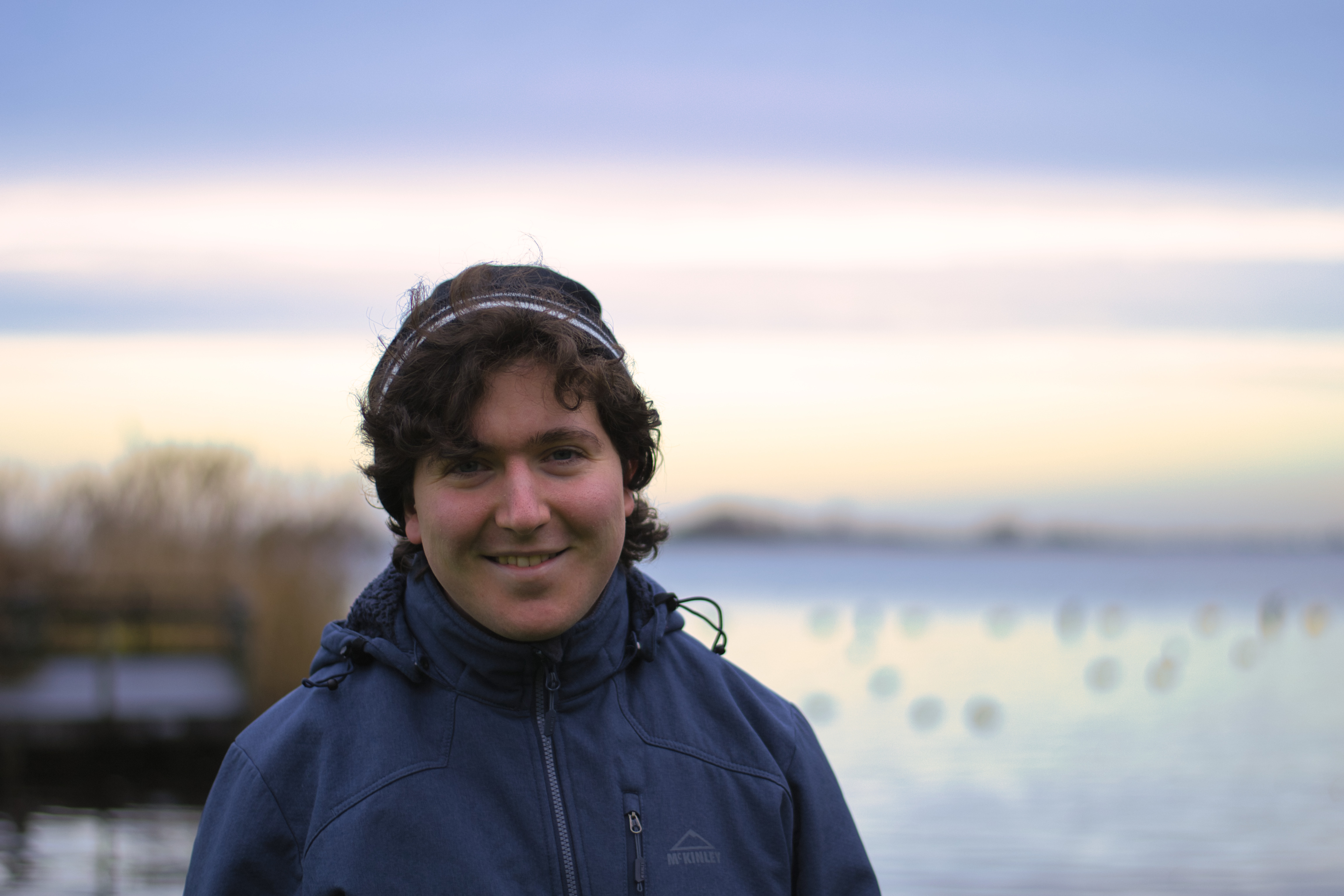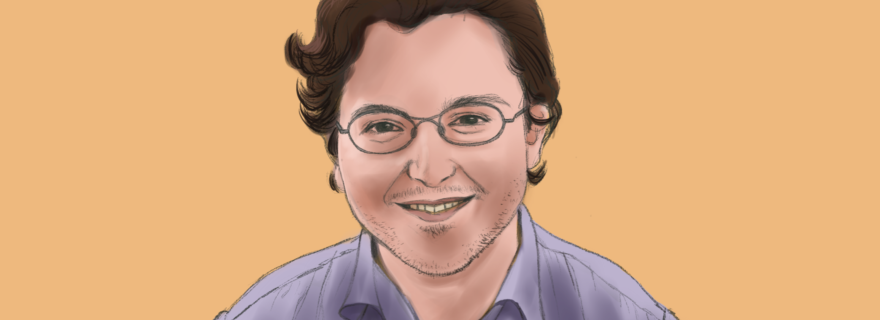A scientist in local politics: Naor Scheinowitz
In this article we continue to talk about scientists in politics, but now focusing on our own city of Leiden. An interview with Naor Scheinowitz
You will probably have noticed by now: this week there are the municipality elections. These elections might not seem very interesting for the average science student, but according to physics student and council candidate Naor Scheinowitz (25) it is very important that scientists (to be) become involved in politics. Leiden Science Magazine interviewed him about the importance of scientists in politics.
Superconductive computer memory
“In the research group of Jan Aarts I performed research on building microscopic computer chips that are superconductive. Superconductivity means there is no electrical resistance. That means that a current can remain, even though there is no external voltage source attached anymore. That might seem a bit abstract, but there definitely is a link to society.”
“Combating climate change is a very important topic at the moment. One thing we should definitely do the coming years, is to find ways to decrease our energy use. To do that, it is important that the data storage sector changes. This sector consumes a lot of energy and because the sector is growing, the total energy will continue to increase, even if computer components become more efficient. So a completely new technology is needed: for example superconducting computers, where all parts are superconducting. Such a superconducting computer uses much less energy. In my research, I actually made a piece of superconducting computer storage.”
Link between science and society
“I have always found that link between science and society important. That is why, at the start of my studies, I worked for the Leiden Observatory for a while. There we tried to get a wide audience acquainted with astronomy.”
“Some people believe that science exists purely for the sake of science, without any societal purpose. I partly agree with that myself: it should also be possible to carry out fundamental research from which there is no direct benefit. But I do always ask myself: what is the importance of this research for society?”
“So when I started looking for something new, I really wanted something with a connection between science and society. And that something turned out to be politics. I became a member of the Dutch political party GroenLinks and a few months later I became a member of the local board.”
“As a board member you spend a lot of time organizing activities. I was in particular responsible for the finances. So the board is actually a bit more about facilitating activities. Now I would also like to dive more into the executive direction: the city council.”

Noar (25), is a master student in experimental physics and candidate councilor for Groenlinks Leiden
A scientist as activist
“For me, climate change is the most important political theme at the moment. It is something that really concerns me.”
“Some scientists feel that they shouldn't get involved in politics because they need to remain impartial. I tend to disagree. Suppose an astronomer discovers that a large meteor is heading our way. Then you would want them to become the biggest activist themselves, to argue that the problem needs to be solved.”
“Scientists who discover problems, or the solutions to those problems, should be actively involved in politics. Many politicians do not know what they are talking about. I can't blame them; I don't know everything myself. But it is very important that people who do have the knowledge also use that knowledge in councils or political parties.”
At the city council level
“Major topics such as climate change are not only relevant at the national level, but also at the municipal level. Firstly, because it is the municipality that has to implement the plans made by the national government. For example, the national government can determine that the municipality of Leiden must install a certain number of solar panels. But how and where these solar panels will be installed is up to the municipality itself.”
“Even if the national government does not take the lead, a municipal council can still take steps. For example, you can add more trees and nature in the city, involve citizens in what they can do themselves, or make decisions about sustainable living. I have lived in Leiden since I started studying here and it is an incredibly beautiful city, so I would like to contribute by making it even more beautiful and greener.”
Capturing problems in numbers
“In addition to the fact that scientists have specific knowledge about, for example, sustainability or biodiversity, it is also very useful that you can convert complex problems into numbers. Suppose: a green party in a city would like more trees, but a liberal party would like more parking spaces. They can of course keep shouting “more trees”, “more parking spots” at each other endlessly. But in the end the question is: exactly how many trees or parking spaces should there be and how can a balance be found.”
“Politics should definitely not consist of scientists alone. But it is important that there are people involved who can work with calculations. That way you do not only claim you want to build more homes, for example, but you can also calculate how much surface area is needed, how many homes it ultimately concerns and how that fits within the vision or policy of the party. It makes your plans not only qualitative, but also quantitative.”
An environmental scientist in politics
“I would also like to encourage all parties to ensure that there is at least one person in their group who really knows a lot about a subject that they find important.”
“I think Bas Eickhout is a great example of this. He studied environmental sciences himself and is now a member of the European Parliament on behalf of the European Greens. With his background, he can therefore make policy on sustainability at European level. At that level, it's all a bit more technical, so I think that’s really valuable."
Become involved in politics!
“Even if you don't aspire a career as a politician, you can be politically involved as a scientist or as a student. There probably is no political party that you agree with for 100%. But if you agree with a party for 90% and just not for the last 10%, I would say: don't just complain from the side-line, but become a member and start working from the inside. Within a party, people often have roughly the same goals and ideas, but no one can ever know everything about anything. So talk to people and learn from each other.”
“What many people also don't realize is that political parties are really just voluntary organisations. So each party needs people who are willing to commit and do things. As a board member, there was nothing I liked more than members coming up with their own ideas to set up and organize an activity. Ultimately, through the efforts of individual volunteers, the entire party can become stronger.”
“And in the end, of course, the easiest way to get involved in politics is to just make your voice heard during the elections, so: go vote!”






0 Comments
Add a comment